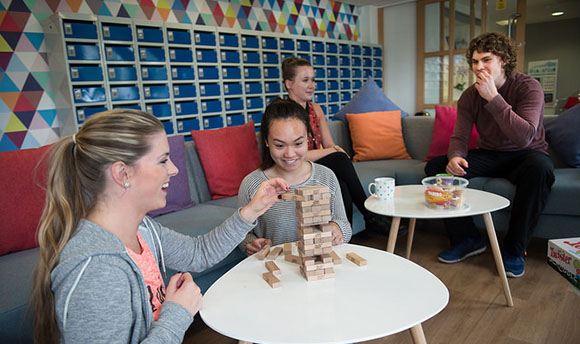During this pandemic, the ongoing kindness, expertise and resilience of the diverse professions whose role it is to support those, many living with dementia, to continue to live safely in our communities, has been outstanding. For those family members who are ultimately responsible for accessing, coordinating and ensuring support for people living at home with dementia, little else remains constant.
Of course, I speak for myself. I have never written about my own experiences of caring for mum and dad, both living with dementia and who both continue to live at home, before. But like so many other aspects of our lives, the ongoing pandemic has significantly changed me, our family and our ability to cope.
It was not so much that our ability to cope wasn’t beginning to decline prior to COVID-19, but that downward spiral has almost certainly been accelerated by the pandemic. No friends to pop in and say ‘hello’ to mum and dad, the value of shared fellowship of the kirk a distant memory, and even our visits to check all is well following a fall or mishap is a constant, gnawing source of fear and guilt - what if it is me who passes on the virus?
It is a never-ending risk trade off, calculating the consequences of decision making connected to checking their meals, shopping, personal care and general well-being, versus the virus. Something had to give. It gave way over Christmas.
As a family, we are now facing the prospect of dismantling a 60-year-old marriage, and disassembling our much-loved family home, as we face the reality of what now feels to be the only remaining option left – a move to a care home. It is not that care homes can’t and won’t offer quality care or a flourishing environment. But it wasn’t what we hoped for. We had hoped to keep our parents at home, as per their very clearly stated wishes from the point of diagnosis.
But this now seems unlikely. It is perhaps even an inevitable outcome. I gave up counting a long time ago the number of people who asked me, on hearing of mum and dad’s diagnosis, if they were in a care home yet. Our societal expectation seemed to be already set, a diagnosis of dementia unequivocally equalled care home.
For a long time, as a family, we bucked both the trend and the assumption. Indeed, dementia brought us even closer together and the years since diagnosis to today have not been unhappy. We all continued to lead positive lives, mum and dad remained important and central to our family and, as I write, dad retains a clever, always respectful, sense of humour, which lights his face and offers me hope.
But hope at this stage is in rather short supply and the ‘system’ which seems to rely a little too heavily on the kindness, commitment and resilience of its social work team, also feels like it is creaking.
The community carers who provide personal care are generally in short supply, in our case stalling a discharge from hospital to home over the summer and given the complexity and demands of the tasks they undertake, it is self-evident they are not paid enough. There are already challenges to the recruitment of quality community carers, and it remains unclear if the UK’s decision to leave the EU will impact this further (BMA, 2020).
Pre-COVID-19, local authority total funding revenue fell by 11% in real terms since 2010/11, and whilst social care expenditure has increased by 3%, longer term, spending will need to strengthen somewhere between 16 to 21% to allow integrated joint boards (IJBs) to continue to offer care in the same way (BMA, 2020). In other words, to stand still, and, in our case “continuing to care in the same way”, is unlikely to be enough to support us to keep mum and dad at home.
As a result, and as a consequence of COVID-19, we are now tasked with the responsibility of choosing a care home without the opportunity to visit or meet care home staff or residents in person. Otherwise relying on the Care Inspectorate reports, many of which are published with key questions unanswered with no explanation as to why (How good is our leadership? Answer: Not assessed). In addition, at the time of writing, we will not be allowed to visit once a move into a care home is made.
Because of this inability to visit loved ones in care homes, families on the news this evening were protesting outside the Scottish Parliament. It looked to me like the protesters were mainly women, perhaps daughters, like me. Their protest prompted me to write this. But chances are, you already know, have been through this, or something like it.
On holiday, some time ago, I listened to a radio programme discussing dementia, social care, and how we should fund long term care. The guest contributor suggested carers of people living with dementia are so exhausted, so impacted by their experiences, that there is little energy left to influence change. Or at least to influence wider visibility of discussion of how we fund care and provision of the ever-complex experience of ageing and the prevalence of dementia.
I am exhausted, but I hope, like those protesting outside Parliament, that I can add my own voice to this debate. Pandemic or not, we urgently need to re-consider and address the workforce pressures of social care and how we fund, longer term, the intricacy of caring for people living with dementia.
If you would like to learn more about the inequalities facing people living with advanced dementia, please visit the Alzheimer Scotland Fair Dementia Care Campaign webpage.
Reference:
BRITISH MEDICAL ASSOCIATION. 2020. Social care in Scotland. [online]. [viewed 11 January 2020].







